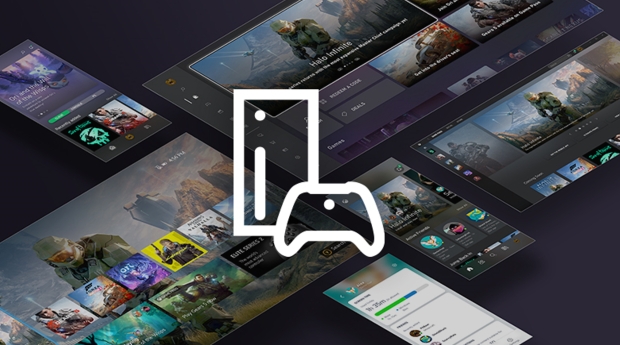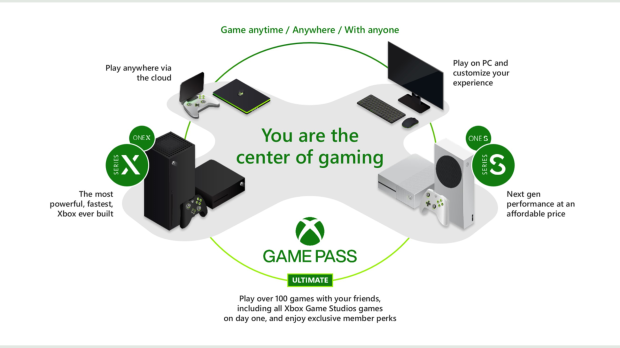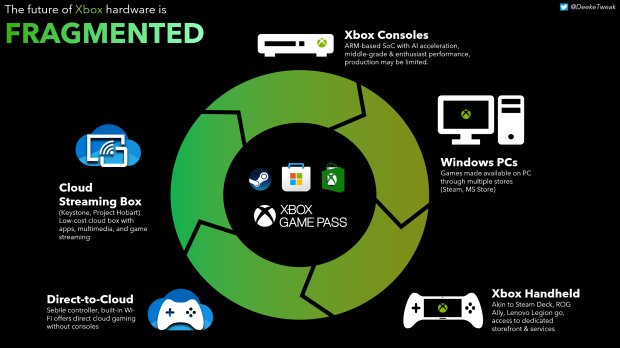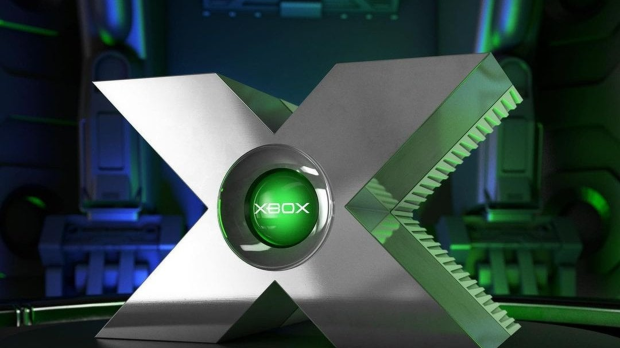The future of Xbox hardware may not just grow vertically with more performance and instead could grow horizontally with more devices than ever before.

With the release of OneCore in 2015, Microsoft changed the definition of its Xbox brand. Since then, Xbox evolved from a console into a cross-platform service. Using Windows to unify consoles and PCs was the first step, and the next step was introducing a high-margin subscription service to this new unified ecosystem. Expansion onto competing storefronts followed as Microsoft chased wide-spread game sales.
Now there's reports this business plan could expand even further. Microsoft will reportedly break Xbox ecosystem exclusivity for select games. Titles like Hi-Fi Rush are expected to release on PlayStation, with reports that other games like Gears of War have been brought up in discussions.Sources have also told Verge's Tom Warren that a "surprising" Xbox game is also coming to PlayStation.
Breaking exclusivity is a pretty hot topic among console gamers, and this news ignited a widespread controversy in the Xbox community. It seemed as if Microsoft would undercut its own Xbox console business, reducing the value and appeal of Xbox hardware. Gamers believed that Microsoft was ready to jeopardize Xbox hardware with the hope of selling more full-priced games.

It's believed that Microsoft's own cross-ecosystem model actually breaks the traditional console sales rationale. Why buy an Xbox if all of the games can be played on other hardware?
The reality is more nuanced. Microsoft carefully controls the margins of the Xbox gaming business to ensure profitability. Remember that all Xbox consoles are sold at a loss. Microsoft has never sold an Xbox console at a profit, and they're trying to claw back console market share while also selling its devices at a loss. The hardware losses are then made back through high-margin businesses like digital subscriptions services such as Xbox Game Pass.
While Xbox has missed its internal projections over the years, Microsoft has strategically plotted out console production to align with expectations, forecasts, and costs. This is not a haphazard business, although there is inherent risk in selling consumer goods at a loss, especially when demand can't adequately be predicted.
Speaking of, the new exclusivity-breaking cross-ecosystem strategy is expected to impact hardware demand. The rationale rings true--why would consumers spend hundreds of dollars on Xbox hardware if they can access the games everywhere else?
That's the real doom and gloom zero-day measure, that bringing Xbox exclusives to PlayStation could lead to the death spiral of Xbox console hardware.
Will Xbox consoles even exist in a few years? Could Microsoft use the major inflection point of the Activision-Blizzard merger as an opportunity to wind down the hardware business?
The answer, apparently, is no.
Xbox gaming CEO Phil Spencer recently told employees that Microsoft will not give up on console hardware, and Xboxes remain a core part of the business going forward.
The question now becomes: How does Microsoft define Xbox consoles? And...what's next for the future?
We have some ideas. The future of Xbox hardware could be fragmented across a horizontal axis to provide as many cost-controlled endpoints as possible. This could mean the end of enthusiast-grade Xbox hardware like the Xbox Series X, or at the very least, more limited production of this kind of hardware.

The future of Xbox is fragmented
- Xbox consoles - Microsoft will continue to make consoles, but they could be different than what we're used to. Microsoft's Gen10 console could be a system with hybrid compute, potentially relying on the cloud and using ARM-based processors to ensure widespread compatibility with mobile games/content. This console may also use an AI accelerator (NPU). The consoles would be higher margin that existing systems, and if Microsoft does make a new Series X, it may be in limited production to control costs.
- Windows PCs - Microsoft will continue supporting Windows PCs with new games, content, and services. While not technically Microsoft hardware, these PCs are more integrally targeted because they run Windows.
- Xbox handhelds - We could see a range of dedicated Xbox handhelds roll out, either in the form of OEM devices or dedicated Xbox-branded handhelds. Consider this to be a merge of PC and console in an on-the-go format, complete with a range of specifications.
- Direct-to-Cloud - Microsoft is working on a new controller called Sebile that is kind of like the Stadia controller. Gamers can connect the controller directly to the cloud and play games on a TV without extra console hardware.
- Cloud set-top box - Project Keystone was scrapped, but this was to be a low-cost mini-console/set-top box that offered direct access to Xbox Game Pass Ultimate cloud streaming. This device could deliver a much higher margin than Xbox consoles.



